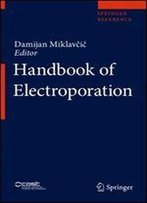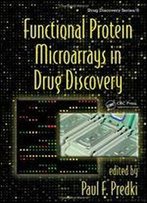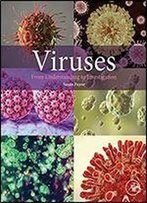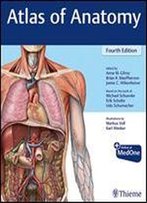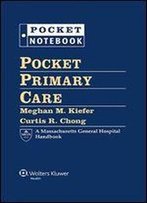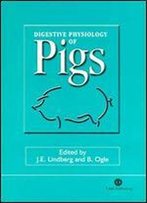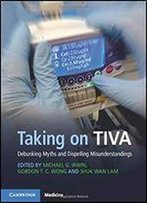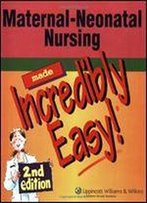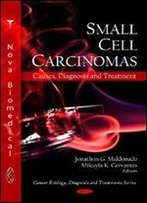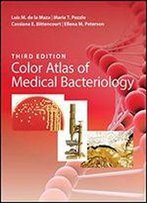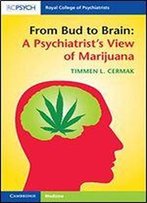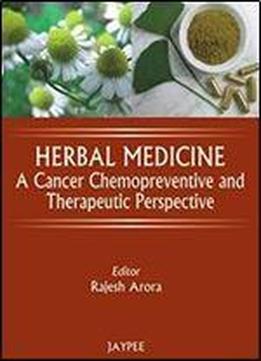
Herbal Medicine: A Cancer Chemopreventive And Therapeutic Perspective
by Rajesh Arora /
2009 / English / PDF
17.7 MB Download
This book has been envisaged keeping in mind the necessity to document the state-of-the-art and has been designed in such a manner that basic, clinical and applied researchers as well as physicians can derive benefit from the substantial advances in the area. The book is organized into seven sections that cover some of the most important areas of contemporary interest. The introductory chapters in Section I provide an overview of the role of herbal medicine in oncology. The importance of medicinal plants used in Ayurveda, Unani system of medicine has been highlighted. The therapeutic role of some other medicinal plants vis-a-vis antitumor, cytotoxic and immunomodulatory activities is also discussed. A disease-free life is a blessing and recent studies have established a crucial link between diet and cancer. Dietary modulation will most likely play a major role in cancer chemoprevention in coming years. Section II, comprising eight chapters, discusses the nutritional interactions in cancer prevention and specifically the role of select phytodietary ingredients in oral, colon and breast cancer prevention, besides focusing on therapeutics. The seven chapters of Section III clearly demonstrate the vital role of various chemopreventive compounds like isoflavones, polyphenols, apigenin, phytosterols, isothiocyanates and aryltetralin lignans, etc. Plant-derived bioactive compounds like taxol, vincristine, vinblastine and camptothecin have found a place of reverence in chemotherapy. Such compounds do hold enormous potential in cancer chemoprevention as well and have been discussed. The chemoradiotherapy interface is gaining prominent attention in view of its widespread application in the clinic. Section IV presents some of the fundamental issues involved and how it could be made more useful for bedside applications utilizing natural compounds, e.g. paclitaxel, polyphenols, novel adjuvants and the like. During radiotherapy of cancer, it is crucial to protect the adjacent normal tissues from the deleterious effects of radiation. Recent advances in the area of radioprotection have shown that it is possible to modulate the radioresponse in normal/tumor tissues by making use of natural plant products. Five chapters of Section V are entirely dedicated to this important issue in radiotherapy. Both natural and manmade sources of radiation pose a risk for cancer development. The widespread use of ionizing radiation for a variety of purposes has substantially increased the risks of developing radiation-induced cancers. On the other hand, UV-radiation-induced cancer is a major problem and with the rapid depletion of the ozone hole, it is likely to get aggravated. Section VI specifically highlights the role of herbal drugs in prevention against both non-ionizing and ionizing radiation-induced cancers. The last section, Section VII, comprising seven chapters, discusses the attempts being made to unravel the multifaceted mechanism of action of herbals and dietary ingredients useful in cancer prevention and therapy, highlighting in particular the intricate molecular pathways that are modulated. The utility of herbal medicine as radiation countermeasure (RCM) agents is also a highlight of this book. Such agents are likely to be of immense use in the management of nuclear/radiological emergencies (NREs). Several chapters of the last four sections subtly discuss this crucial issue The book will certainly touch and improve the lives of cancer patients in a befitting manner.
